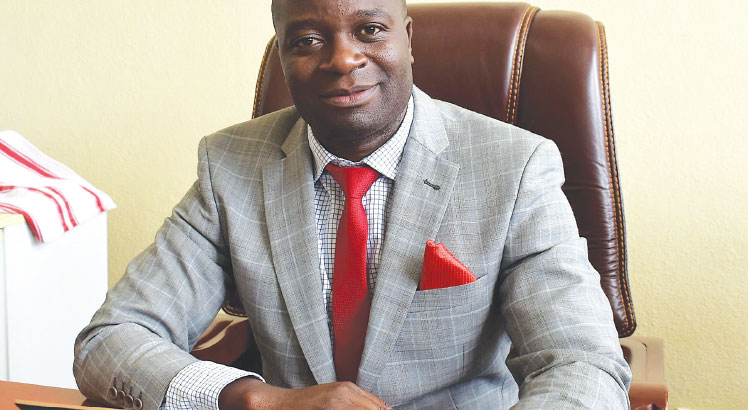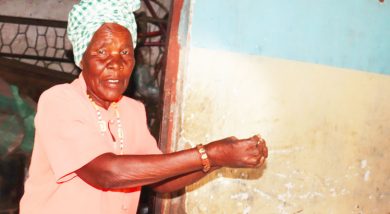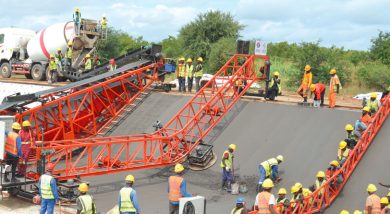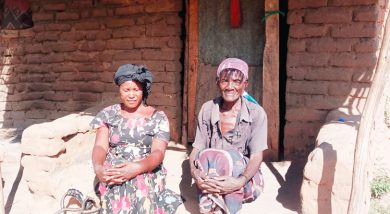Sadc integration: Can single currency be possible?
Southern African Development Community (Sadc) has shown that it can work together in many spheres of life for the development of member States.
The 16 country member group has really done well in terms of security. For example, Sadc went to Mozambique, a member State, to assist in containing the insurgency that threatened the country’s security.
It was a bold move considering that many countries are facing financial challenges due to, among other things, Covid-19 and the war between Russian and Ukraine.
There is also a positive approach to trade as the formation of the Sadc Free Trade has helped to improve trade among member States. The Sadc Free Trade Area has supported trade investment which has helped economies of some member countries grow. There are also better trading terms mainly in agriculture and fisheries.
But not everything is common in this union. Countries still use their own currencies.

Can’t they use one currency the way the European Union has done? Is there any hope that today, tomorrow or the other day, Sadc would have one currency?
Zimbabwean economist Brains Muchemwa believes it is a long way for Sadc to reach that far.
In an interview, he says: “While there is good reason to pursue a common currency for Sadc, the block is decades away from achieving that goal.
“There are vast differences in the levels of economic development and management among member States. We have a long way to go on harmonisation and convergence of fiscal policy, monetary policy, political governance and movement of people and trade aspects which are important pre-conditions before the launch of common currency.”
The economist also observes that instability in some Sadc countries such as Mozambique and Democratic Republic of Congo [DRC] will continue to pose present and future challenges on guaranteeing free movement of people within the block.
“It is not a medium-term solution considering that the rich mineral wealth these two countries have will continue to attract huge funding of militant groups and rebels from foreign governments and international lobbyists,” said Muchema.
Malawian economist Betchani Tchereni said he does not foresee Sadc currency as the exercise would be a tall order looking at varieties and variations in the member States.
He notes that there are some countries which have stronger currencies than others. As a result, those with weaker currencies will be riding at the back of those with stronger ones.
Said the economist: “If this happens, there will be too much of free riding. Those countries or economies with poor macroeconomic indicators will be riding on the shoulders of better performers. The better performers then will be pulled down.”
However, Tchereni said he did not rule out Sadc having one currency, but does not see it happening in the near future as it needs to be carefully undertaken.
“But if you ask my opinion about it, I would prefer Africa single currency, not only Sadc. I believe Africa as a block is better in terms of trade,” he says.
Associate Professor of Political Science at the University of Malawi Boniface Dulani says although a single currency for Sadc would be an important game changer in terms of economic integration and regional trade, he foresees political impediments that make it an unachievable in the short to medium term.
He says apart from the obvious economic challenges such as the economic divergence in the Sadc region that would make it difficult to maintain a stable single currency and exchange rate risks, there are several political bottlenecks that would make adoption of a single currency difficult to attain.
Says Dulani: “For starters, a common currency would entail loss of monetary policy control and I can foresee member countries reluctant to cede this power which could impact their ability to respond to domestic economic challenges and shocks.
“Given the varying political systems and interests among Sadc member States, achieving consensus on a common currency would also be challenging, making it difficult to reach an agreement among the various political actors.”
The political scientist notes that the experience of Brexit (withdrawal of the United Kingdom from the European Union) has shown that convincing the public and businesses of the benefits of a single currency can be politically difficult and challenging, especially where people begin to fear that it can lead to loss of monetary sovereignty, economic independence and political independence.
From the political angle, Dulani doubts that politicians in the block can reach a common consensus on the matter, looking at the political implications in their respective countries.
He says: “The creation of a single currency in Sadc region is essentially a question of moving from relatively simpler political agreements that are in place now, to a more advanced level. This would be seen through the creation of new rules, systems and processes to enable the single currency to work in all member States. Such a reconfiguration of institutions will ultimately result in a Sadc that is much stronger and more influential on domestic matters concerning its member States than it is now.
“Dealing with a stronger Sadc may be a challenge, especially for the less powerful member States that already do not have the political muscle to tip the policies and decisions of the body in their favour. These less powerful member States are actually the same countries that would go into deeper integration facing risks of their already struggling economies deteriorating further. Leaders will be aware of this possibility and may be hesitant to agree to the single currency.”
Lecturer of political leadership at Catholic University of Malawi, Annie Sainala Kalebe, says there are advantages and disadvantages for Sadc adopting a single currency.
Kalebe says the single currency would bring significant political identity and clout that can benefit citizens, especially in the economically smaller countries by benefitting when dealing with those outside the block.
“However, the creation of a Sadc currency would have a major political implication in the form of loss of sovereign authority concerning important economic decisions that individual member States make. This is an issue with deepening integration everywhere in the world.
“In politics, the powerful very often impose their policies on the weak and there is a possibility that the stronger economies in the region would exert undesirable political pressures over the weaker members of the union. There is also a concern that with the deepening integration, some countries may not be able to effectively respond to economic challenges faced by their people,” she says.
The lecturer also adds that a single currency can intensify the negative effects of deeper economic integration like high unemployment and slow economic growth in some member States.
“Inevitably, there can also be compromises on taxation and public spending which are very volatile areas when it comes to national politics. As a region still experimenting with political systems, things can easily turn ugly as people may feel like institutions such as democratic political systems have failed them or their political leaders to deliver on their needs,” says Kalebe.
Sadc comprises 16 member States, namely; Angola, Botswana, Comoros, Democratic Republic of Congo, Eswatini, Lesotho, Madagascar, Malawi, Mauritius, Mozambique, Namibia, Seychelles, South Africa, United Republic Tanzania, Zambia and Zimbabwe.
Its mission is to promote sustainable and equitable economic growth and socio-economic development through efficient, productive systems, deeper cooperation and integration, good governance and durable peace and security.





